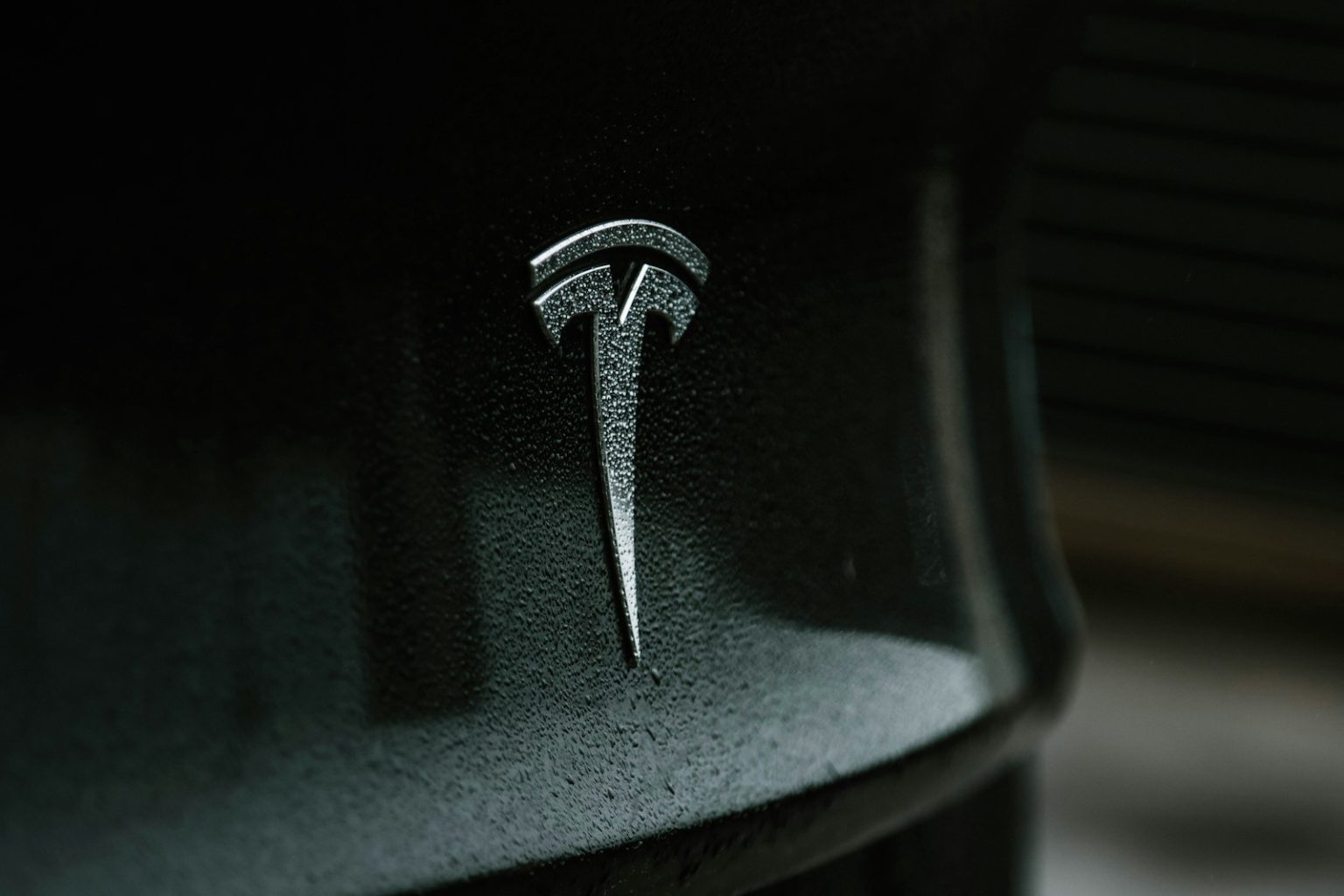Tesla’s Autopilot, hailed for its revolutionary strides in autonomous driving, faces a significant hiccup, stretching back to the 2012 Model S. A flaw in the driver attention failsafe, reportedly exploited by users, has prompted a massive recall, covering a staggering 2,031,220 vehicles.
The recall, lodged with the National Highway Traffic Safety Administration (NHTSA), encompasses a broad spectrum of Tesla’s electric fleet. The affected models span from the 2012–2023 Model S to the 2016–2023 Model X, the 2020–2023 Model Y, and the 2017–2023 Model 3. All these vehicles are equipped with various iterations of the Autosteer technology.
Documents submitted to the NHTSA reveal a critical inadequacy in the Autosteer system’s ability to gauge driver awareness or readiness when intervention becomes necessary or the system is deactivated. In essence, the failsafe mechanism falls short, leaving room for potential misuse by the driver.
Tesla’s remedy to this vulnerability comes in the form of an over-the-air software update. The proposed update aims to bolster the system’s controls, introducing additional alerts to supplement the existing ones. Moreover, the update promises more frequent checks on the driver’s engagement while Autosteer is active, particularly beyond controlled-access highways.
In a bid to further ensure responsible use, Tesla plans to implement measures that could suspend drivers from utilising the Autosteer feature if they consistently fail to exhibit sustained driving responsibility while the feature is in operation. This move underscores the company’s commitment to promoting safe and responsible autonomous driving practices.
According to Tesla’s filings with the NHTSA, the software update commenced its rollout on December 7, 2023. Vehicles in production, including the Model S, Model X, Model Y, and Model 3, received a software release that incorporates the necessary remedy. This proactive approach aligns with Tesla’s reputation for leveraging over-the-air updates to swiftly address potential issues, showcasing their commitment to maintaining the integrity and safety of their vehicles.
This recall brings attention to the evolving landscape of autonomous driving technologies and the challenges associated with ensuring their foolproof operation. Tesla’s willingness to address and rectify potential issues through software updates signifies a dynamic approach to vehicle safety, albeit prompted by the identification of a crucial flaw.
As technology continues to advance, the fine balance between innovation and safety becomes increasingly paramount. In this case, Tesla’s proactive stance in tackling the Autopilot flaw exemplifies a commitment to both progress and user safety.
While the recall may raise eyebrows among Tesla owners, it also highlights the collaborative efforts between automakers and regulatory bodies to uphold and elevate safety standards in an era of rapidly evolving automotive technology. As Tesla navigates through this recall process, eyes remain on how efficiently the software update can address the identified flaw and restore confidence in the Autopilot system.
In the realm of autonomous driving, where the pursuit of perfection is an ongoing journey, Tesla’s latest recall serves as a reminder that even trailblazing technologies are not immune to occasional setbacks. Yet, it is the responsiveness and dedication to continuous improvement that distinguish industry leaders, and Tesla’s swift action in this instance reinforces its commitment to delivering not just cutting-edge technology, but also an unwavering dedication to safety on the road.

